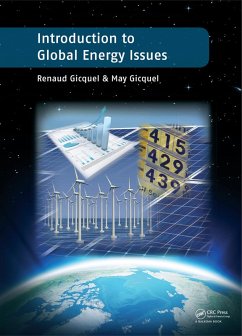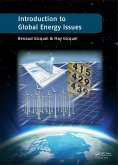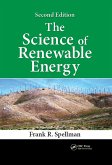After decades of cheap energy flowing without any problem, over the last forty years crises have become the rule. This disruption of the energy landscape is of particular concern as the impact of energy crises on human societies became considerable. This book seeks to provide a basis for reflection on all global energy problems, offering an analysis of the main aspects to consider: energy supply, resource-dependent industries and technology available, macroeconomic implications of energy demand, geopolitical issues, and specifics of the situation in developing countries. It does not thoroughly address environmental issues, which would require further study beyond the limits we set. This book is the second edition of a book published in 1992, at a time when obtaining energy and economic data was much more difficult than today, when many databases are freely accessible on the Internet. In this new context, we hope it will assist the reader in finding his/her way in the considerable amount of information available. Energy is a vast field that can be approached from multiple angles. The approach proposed here is to start by providing the reader with technical bases on energy, and thus energy supply, before considering the demand, that is to say, the socio- and macro-economic dimensions, then addressing global issues relating to energy, and finally complete the study of the main issues that arise in this area today. The book includes 22 tables, 150 figures and 3 mind maps, as well as links to databases available online (World Bank, United Nations, BP). The book is aimed at industry professionals, (under)graduate students / academics, economists and policy-makers in the energy sector/field.
Dieser Download kann aus rechtlichen Gründen nur mit Rechnungsadresse in A, B, BG, CY, CZ, D, DK, EW, E, FIN, F, GR, HR, H, IRL, I, LT, L, LR, M, NL, PL, P, R, S, SLO, SK ausgeliefert werden.









